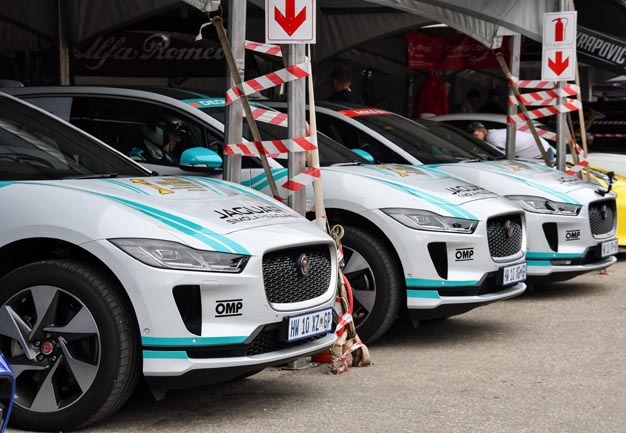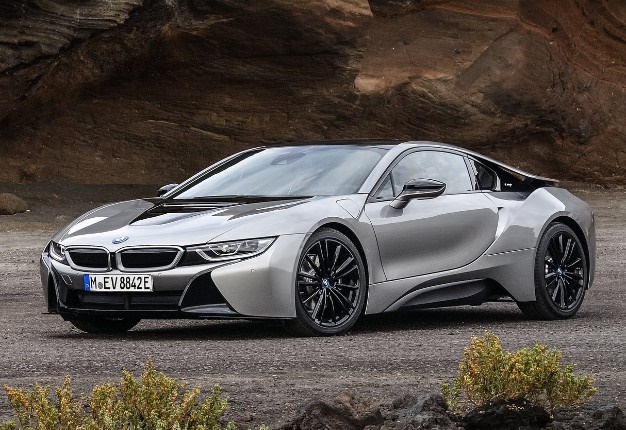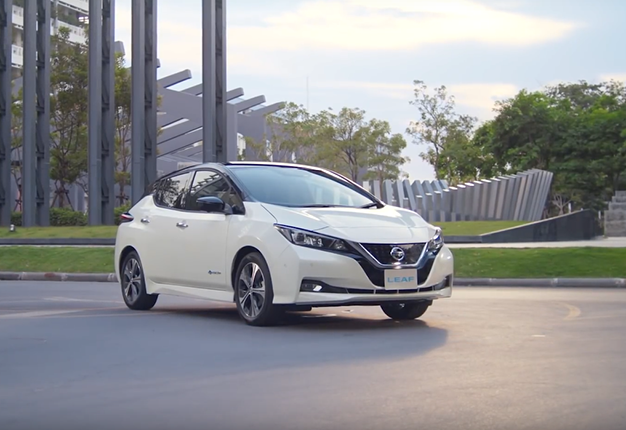
Three lower-carbon technologies and a host of also-rans are competing to replace internal combustion engine vehicles. Jakkie Olivier, CEO of the Retail Motor Industry Organisation (RMI), takes a look at their advantages and disadvantages.
There is a growing sense of urgency in the automotive industry that more needs to be done to curtail dependency on fossil fuels and to reduce harmful CO2 emissions. Original Equipment Manufacturers (OEM) are channelling ever more resources into developing low-carbon vehicles, aimed at addressing the issues of CO2 emissions, and the soaring cost of petrol and diesel.
Olivier said: "However, conferences on the subject among affected parties reveal no consensus as to what should be done, and the number of electric and hybrid cars on the face of the planet is remarkably low. Given the lack of uniformity in approach, RMI has undertaken to remain abreast of changes so as to advise members how best to adapt ahead of changes."
"Given that technology can still go in any direction, we recommend consumers stick to RMI-accredited members, for the reason that safety on our roads and being environmentally conscious are our mission."
Image: Supplied
He adds that we are seeing more stringent regulations on emissions and fuel economy, as well as on global warming, and ever-growing constraints on energy resources. As a result, the development of electric, hybrid, and fuel cell vehicles have attracted growing attention by automakers, governments, and customers.
Research and development efforts have been focused on developing novel concepts, low-cost systems, and reliable hybrid electric powertrains. According to Jeff Cobb in the article entitled The World Just Bought Its Two-Millionth Plug-in Car, there were 1.4 billion motor vehicles being driven about the globe as of 2017, excluding off-road vehicles or heavy construction equipment.
About a tenth of these used some form of alternative fuel. Most of these were heavy trucks. Research by Diesel Specialist Consultant, Dave Stalker, points to the key objective as being to establish a drive or fuel which will emit the lowest overall levels of emissions (such as CO2/CO/Nox PM). The objective is to move away from the use of fossil-based fuels towards resources which are emissions-free and above all sustainable.
For instance, the same objective is being faced by industry, which is finding solutions such as Wind and Solar farms. However, Stalker notes that "research has shown that whilst some alternative fuels result in lower emissions during their combustion process, the very production of the specific fuel results in higher levels of emissions, which simply negates the purpose of their usage."
A further complication is that energy deficits in many countries including South Africa mean that electricity used to charge electric cars may yet be produced by use of fossil fuels, similarly negating the purpose. Currently there are several main approaches to powering vehicles that are leading the change as an alternative to fossil fuels: electric drives (including hybrid vehicles); biofuels (such as ethanol); gas; alternative fuels such as hydrogen, or some combination of these.
Each of these fuel types are capable of reducing emissions, and have both positive and negative aspects. The question is… which solution do we think will prevail? The answer will only become clear as R&D develops. The current drives or fuels favoured by most OEMs are Battery Electric Vehicle (BEV), hybrids and gas (LPG /CNG).
The BEV drive is receiving the most development by OEMs as it is ‘emissions free’ in its drive mode and many governments in developed countries are offering incentives to motorists who choose this option. This drive produces, during operation, zero exhaust emissions. “However, issues have emerged relating to how we go about generating the amounts of electricity required to power such vehicles.
Image: Youtube
"In a country such as South Africa, so dependent on fossil fuels in our power stations, there would perhaps be little difference between using electricity and an efficient petrol drive. Unless sustainable and renewable energy sources are utilised at a national level, electric vehicles may struggle to make a real impact on universal CO2 emissions," says Olivier.
Currently approximately four million BEV are in use worldwide.
The hybrid vehicle is a variant of the electric car using, usually, a small capacity internal combustion engine (mostly petrol-powered) with an electric drive motor. It produces lower emissions, but fossil fuel remains part of the drive method. There are approximately 12-million hybrid vehicles in use worldwide.
There are already approximately 47-million vehicles around the world fitted with gas powered drives, which produce considerably lower exhaust emissions. They are primarily used for heavy vehicles, city bus and taxi vehicles. Parallel to this is the Flex Fuel or Bi-Fuel conversions which use diesel and gas, and account for a further 55-million Flex-fuel vehicles worldwide.
Within the RMI, Attie Serfontein, Director of the REMAN Cluster of ERA (Engine Remanufacturers’ Association), SADFIA (South African Diesel Fuel Injection Association) and ACRA (Automotive Component Remanufacturer's Association), is of the opinion that with the different fuel technologies presenting benefits to their use, it’s becoming clear that no single solution will win in the medium term.
“This is why RMI is looking into maximising the benefits of a range of solutions,” he says. Olivier believes that in the end the OEM developers who are able to produce the most cost-effective and consumer appealing solution will prove to be the real winner.




 Publications
Publications
 Partners
Partners
















